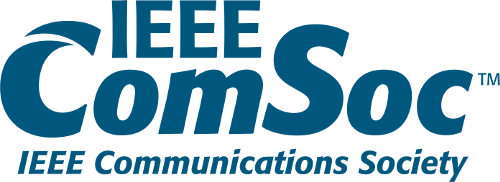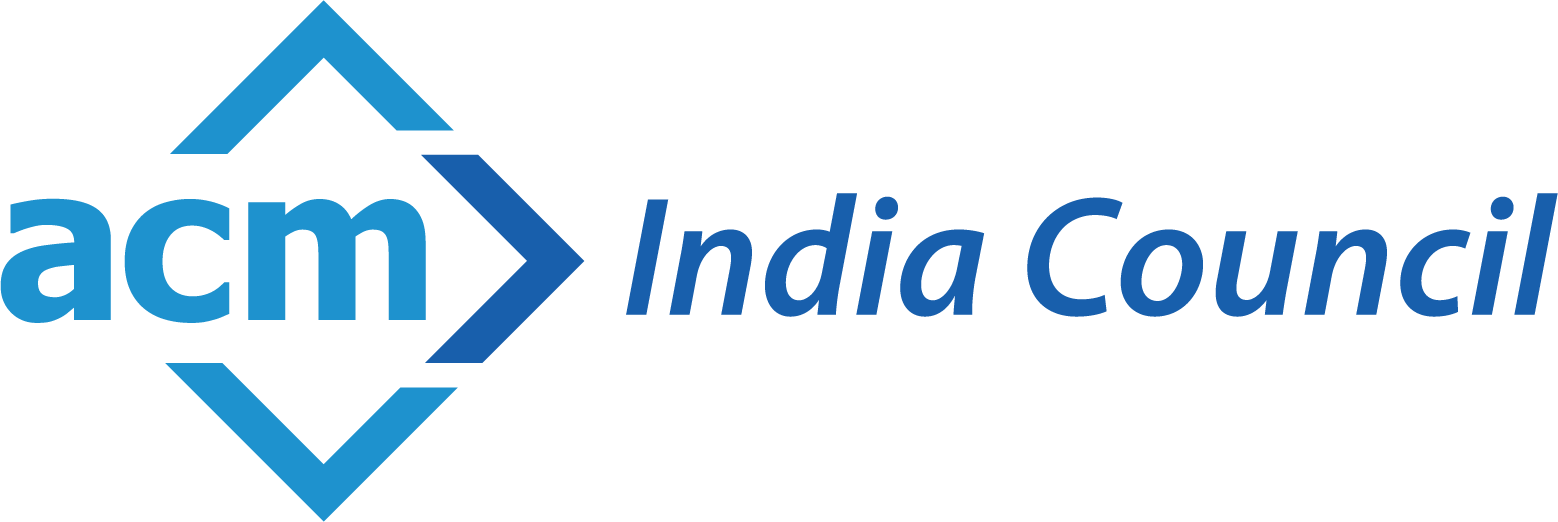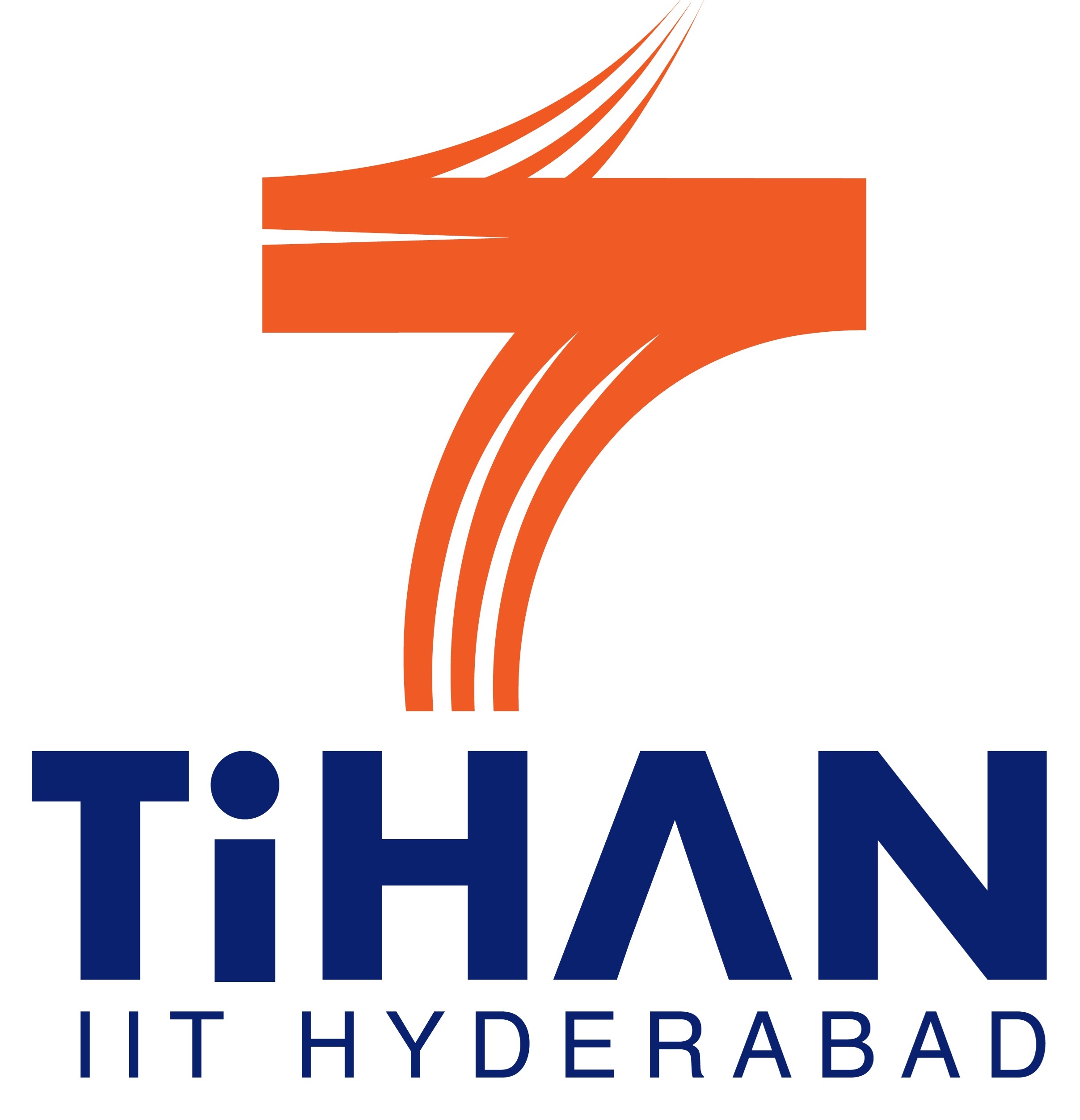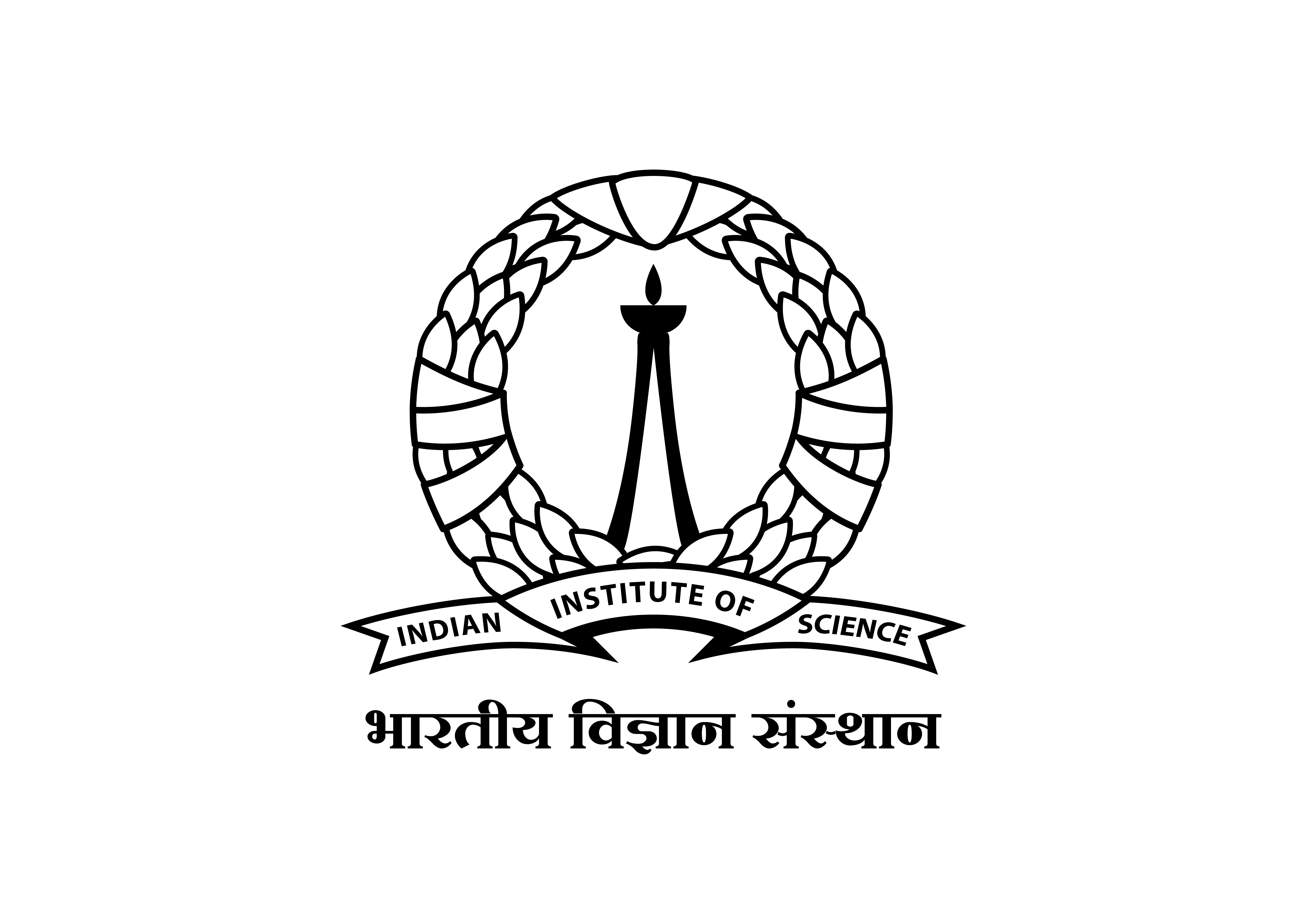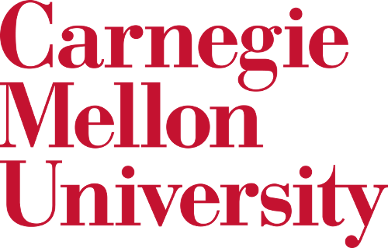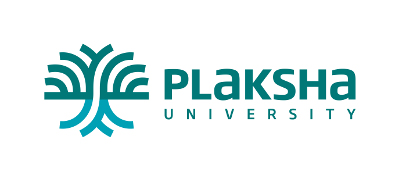Graduate Forum
| 4th January | ||
|---|---|---|
| 2 pm - 2:10 pm | Welcome Address | |
| 2:10 pm - 2:40 pm | Keynote Speech by Dr. Snigdha Das | |
| Paper Session 1 : 2:40 pm - 5:00 pm | ||
| 2:40 pm - 2:47 pm | Convergence of IoT and Blockchain Ecosystem to Ensure Traceability and Reliability in Agricultural Supply Chain | |
| 2:48 pm - 2:55 pm | Design and Optimizations Toward Cost Aware Green Future Networks | |
| 2:56 pm - 3:03 pm | Autonomous Optimization in UAV Networks Using Reinforcement Learning | |
| 3:04 pm - 3:11 pm | Blockchain Democracy: A Case for Constituency-Centric E-Voting on Private Ethereum Networks | |
| 3:12 pm - 3:19 pm | Network Science for time series clustering and its applications | |
| 3:20 pm - 3:27 pm | NUMA-Aware Parallelized Service Function Chain Deployment in Multi-Core Servers | |
| 3:28 pm - 3:35 pm | A Time-Variant Graph Network Model for Societal Dynamics | |
| 3:36 pm - 3:43 pm | Machine Learning-based Trustworthy Diabetes Prediction Model | |
| 3:44 pm - 3:51 pm | Identification of influential spreaders in a partially changed dynamic network | |
| 3:52 pm - 3:59 pm | Delay-Aware Parallelized SFC Deployment in Space–Air–Ground-Integrated Network | |
| 4:00 pm - 4:07 pm | Real-time UAV Resource Monitoring and Alerts with Automated Control Mechanism | |
| 4:08 pm - 4:15 pm | Health prediction using network reconstruction based model | |
| 4:16 pm - 4:23 pm | A Robust Feature Integration for Multiclass Metamorphic Malware Detection in IoT Network | |
| 4:24 pm - 4:31 pm | A Prognostic Framework for Post-Operative Patient Survival Prediction in IoMT | |
| 4:32 pm - 4:39 pm | Delay Analysis to Accelerate eXtended Reality (XR) with Passive Optical Networks (PONs) | |
| 4:40 pm - 4:47 pm | Reducing Search Space of K-shortest Path Algorithm to Reduce Time Complexity in EON | |
| 4:48 pm - 4:55 pm | On Time-Encoded Sampling for Multigenerator Shift Invariant Spaces | |
| 4:56 pm - 5:00 pm | Closing speech for Session 1 | |
| 5th January | ||
| 2 pm - 2:10 pm | Welcome Address | |
| 2:10 pm - 2:40 pm | Keynote Speech by Dr. Salil Kanhere | |
| Paper Session 2 : 2:40 pm - 3:30 pm | ||
| 2:40 pm - 2:47 pm | Video Captioning using Spatio-temporal Graphs: An Encoder-Decoder approach | |
| 2:48 pm - 2:55 pm | Enhanced supply chain management in Indian Agriculture using SSI and Blockchain leveraged by Digital Wallet | |
| 2:56 pm - 3:03 pm | Mitigating Bias in Machine Learning Models for Phishing Webpage Detection | |
| 3:04 pm - 3:11 pm | Blind Distributed Detection in MIMO Networks | |
| 3:12 pm - 3:19 pm | Prediction of drug-target interactions using BERT for protein sequences and drug compound | |
| 3:20 pm - 3:30 pm | Closing speech for Session 2 | |
-
Convergence of IoT and Blockchain Echosystem to Ensure Traceability and Reliability in Agricultural Supply Chain
Adithyah Nair (SRM University AP, India); Ushasri Peddibhotla (SRM University, India); Sobin Choodan Chandran (SRM University AP Amaravati, India); Randhir Kumar (SRM University, India) -
Design and Optimizations Toward Cost Aware Green Future Networks
Ashutosh Balakrishnan (Indian Institute of Technology Delhi, India); Swades De (Indian Institute of Technology Delhi, India); Li-Chun Wang (National Yang Ming Chiao Tung University, Taiwan) -
Autonomous Optimization in UAV Networks Using Reinforcement Learning
Kolichala Rajashekar (Indian Institute of Technology Bhilai, India) -
Blockchain Democracy: A Case for Constituency-Centric E-Voting on Private Ethereum Networks
Shraddha Vasant Prasad (National Institute of Technology, India) -
A survey on Transmit Beamforming Algorithm on MIMO Radar
Akanksha Agarkar (Savitribai Phule Pune University, India); Arpit Balai (Savitribai Phule Pune University, India); Atharva Jitendra Chirputkar (Savitribai Phule Pune University & Pune Institute of Computer Technology, India) -
On Time-Encoded Sampling for Multigenerator Shift Invariant Spaces
Roshaan Soundarapandian (Indian Institute of Technology, Kharagpur, India) -
A Time-Variant Graph Network Model for Societal Dynamics
Srestha Sadhu (NIT DURGAPUR, India); Anju Bhuiya (NIT Durgapur, India); Deepanwita Mallick (NIT Durgapur, India); Animesh Dutta (National Institute of Technology Durgapur, India) -
Machine Learning-based Trustworthy Diabetes Prediction Model
Aruna Devi B (National Institute of Technology Puducherry, India); Karthik N (National Institute of Technology Karnataka, India) -
Identification of influential spreaders in a partially changed dynamic network
Manali Sarkar (National Institute of Technology, Durgapur, India); Suman Nandi (National Institute of Technology Durgapur, India); Giridhar Maji (Asansol Polytechnic, India); Animesh Dutta (National Institute of Technology Durgapur, India) -
EmoTransGAN: Transformer-based Generative Adversarial Learning for Multimodal Emotion Detection in Text and Images
Souvik Halder (Jadavpur University, India) -
Real-time UAV Resource Monitoring and Alerts with Automated Control Mechanism
Nisarg Dipenbhai Parekh (India); Rajashekhar Reddy Tella (Indian Institute Technology Dharwad, India); Lavanya Malakalapalli (IIT Dharwad, India); Praveen Tammana (IIT Hyderabad, India); Koteswararao Kondepu (Indian Institute of Technology Dharwad, India) -
Health prediction using network reconstruction based model
Ankur Kumar Singhal (National Institute of Technology- Delhi, India); Shriansh Manhas (National Institute of Technology- Delhi, India); Anurag Singh (National Institute of Technology Delhi, India) -
A Robust Feature Integration for Multiclass Metamorphic Malware Detection in IoT Network
Tisha Chawla (Vellore Institute of Technology & Deakin University, India); Saifur Rahman (Deakin University, Australia); Shantanu Pal (Deakin University, Australia); Chandan Karmakar (Deakin University, Australia) -
A Prognostic Framework for Post-Operative Patient Survival Prediction in IoMT
Shubh Mittal (Vellore Institute of Technology & Deakin University, India); Saifur Rahman (Deakin University, Australia); Shantanu Pal (Deakin University, Australia); Chandan Karmakar (Deakin University, Australia) -
Delay Analysis to Accelerate eXtended Reality (XR) with Passive Optical Networks (PONs)
Akhilesh Patel (IIT KANPUR Uttar Pradesh, India); Paresh Upadhyay (Indian Institute of Technology Kanpur, India); Yatindra Nath Singh (Indian Institute of Technology Kanpur, India) -
Reducing Search Space of K-shortest Path Algorithm to Reduce Time Complexity in EON
Paresh Upadhyay (Indian Institute of Technology Kanpur, India); Akhilesh Patel (IIT KANPUR Uttar Pradesh, India); Yatindra Nath Singh (Indian Institute of Technology Kanpur, India) -
Video Captioning using Spatio-temporal Graphs: An Encoder-Decoder approach
Vibhor Sharma (National Institute of Technology, Delhi, India); Anurag Singh (National Institute of Technology Delhi, India); Sabrina Gaito (University of Milan, Italy) -
Enhanced supply chain management in Indian Agriculture using SSI and Blockchain leveraged by Digital Wallet
Ushasri Peddibhotla (SRM University, India); Sobin Choodan Chandran (SRM University AP Amaravati, India); Prabhat Kumar (LUT University, Finland); Randhir Kumar (SRM University, India) -
Mitigating Bias in Machine Learning Models for Phishing Webpage Detection
Aditya Kulkarni (Indian Institute of Technology Dharwad, India); Vivek Balachandran (Nanyang Technological University, Singapore); Dinil Mon Divakaran (Nanyang Technological University, Singapore); Tamal Das (Indian Institute of Technology, Dharwad, India) -
Blind Distributed Detection in MIMO Networks
Arun Deshwal (Indian Institute of Technology, Mandi, India); Adarsh Patel (IIT Mandi, India) -
Prediction of drug-target interactions using BERT for protein sequences and drug compound
Essmily Simon (National Institute of Technology, Puducherry & Karaikal, India) -
Network Science for time series clustering and its applications
Kakuli Mishra (Post Doctoral, India); Srinka Basu (University of Kalyani, India); Ujjwal Maulik (Doctoral, India) -
Delay-Aware Parallelized SFC Deployment in Space–Air–Ground-Integrated Network
Venkatarami Reddy Chintapalli (National Institute of Technology Calicut, Calicut, Kerala, India); Solanki Himalay Harjivan (National Institute of Technology, Calicut, India); Amal Manikandan (National Institute of Technology, Calicut, India); Aditya Premjit (National Institute of Technology Calicut, India) -
NUMA-Aware Parallelized Service Function Chain Deployment in Multi-Core Servers
Shaik Sameer (National Institute of Technology Calicut, India); Venkatarami Reddy Chintapalli (National Institute of Technology Calicut, Calicut, Kerala, India); Solanki Himalay Harjivan (National Institute of Technology, Calicut, India); Amal Manikandan (National Institute of Technology, Calicut, India); Aditya Premjit (National Institute of Technology Calicut, India) -
Predicting K-shell on Time-Variant Network: An Extrapolation-based Approach
Devlina Karmakar (India); Suman Nandi (National Institute of Technology Durgapur, India); Giridhar Maji (Asansol Polytechnic, India); Animesh Dutta (National Institute of Technology Durgapur, India)
Invited Speakers
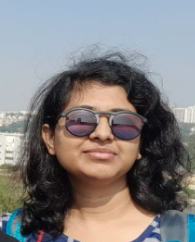
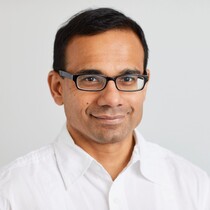
COMSNETS 2024 Graduate Forum is a supportive environment for students enrolled in graduate programs (Undergraduate, Post-gradate and Doctoral Researchers) to showcase early-stage research in areas related to communications, systems, and networking at COMSNETS, the premier conference that brings together networking researchers from both academia and the industry. COMSNETS 2024 Graduate Forum will provide students with useful feedback on their current research as well as future research directions from experienced researchers, and the opportunity to interact with eminent researchers from both academia and industry. All submissions will receive detailed reviews from the review committee.
Accepted submissions will be published in the conference proceedings (unless the author requests otherwise). At least one of the authors of the accepted paper must register for the conference and present the paper at the dedicated Graduate Forum session through a formal presentation.
Best Paper Award:
Best “Graduate Forum Paper Award” will be awarded based on the presentations by a panel of judges.
Travel Grant:
A partial travel grant will be available for selected Graduate Forum Participants.
Who can Submit:
To be eligible to submit your work to the Graduate Forum, you must be registered as a Ph.D., Master’s or Bachelor's student at the time of submission.
The topics of interest for the Graduate Forum are in accordance with the main conference program . Submissions must include the author’s name, affiliations, and email addresses. We will follow a single-blind review policy.
The topics of interest include (but not limited to) the following:
- Wireless
- 5G and wireless broadband networks
- Technologies for 6-100 GHz spectrum
- WLAN, RFID, and NFC
- Visible light communications
- Heterogeneous networks (HetNets)
- Cognitive radio and white-space networking
- CubeSats/Satellite networking
- Long-range/Low-power wide-area wireless networking
- Connected unmanned aerial/terrestrial/underwater systems
- Data Center & Edge
- Enterprise, data center, and storage-area networks
- Edge & Cloud computing/networking
- Multimedia networking
- Green Networking
- Economics of networks
- Energy-efficient communications
- Sustainable Networking
- Testbeds
- Studies on testbeds and large-scale experimental platforms
- Architecture
- Network architecture, protocols & science
- Traffic analysis and engineering
- Caching and Content delivery systems
- Information/Content centric networks (ICN)
- Network management and operations
- SDN/NFV and Network Programmability
- Internet Measurement and Modeling
- Big Data and machine learning for networks
- Web applications and content distribution
- Mobility & IoT
- Mobility and location management
- Mobile sensing
- Vehicular networks and intelligent transportation
- Internet of Things (IoT)
- Smart Grid communications and networking
- Machine Learning and AI in Networking & IoT
- Crowdsourcing
- Blockchain & Security
- Network security and privacy
- Trusted computing
- Blockchain and Distributed Ledger
What to submit:
We encourage the authors to submit their proposals with the following as a single PDF file at EDAS containing:
A single PDF file at EDAS containing:
- Resume, a one-page resume informing your current position, the broad area of research, internship experiences, publications (if any), etc.
- A three-page Extended Abstract, for example, explaining the problem statement, relevant state-of-the-art, proposed solution approach, preliminary results, future work, and bibliography. Submissions must be written in English, in IEEE two-column format (details can be seen in the main conference page) and should adhere to the submission guidelines of the COMSNETS. The page limit is three pages (strictly) and no additional page will be allowed.
It is suggested that the prospective authors should merge all of the above submission (resume and three-page abstract) files into a single PDF document and upload the PDF file at EDAS. Submissions not formatted as described above will be rejected without any review. Upon acceptance, the authors will be requested to submit only the three-pages of Extended Abstract for the final camera-ready version. The accepted papers need to be presented at the conference. Presentation must be within 5-6 slides for a seven-minute presentation including QAs from the audience
Submission Link: https://edas.info/newPaper.php?c=31564
Techno India University Deakin University
For any queries please contact us at comsnets.conference@gmail.com
Important Dates:
Paper Submission deadline
7th November 2023, AoE 15th November 2023, AoE 22nd November 2023, AoE [Firm]
Notification of Acceptance
5th December 2023, AoE 10th December 2023, AoE
Camera-ready Submission
15th December 2023, AoE
Technical Program Committee:
Graduate Forum Co-Chairs

Pragma Kar
India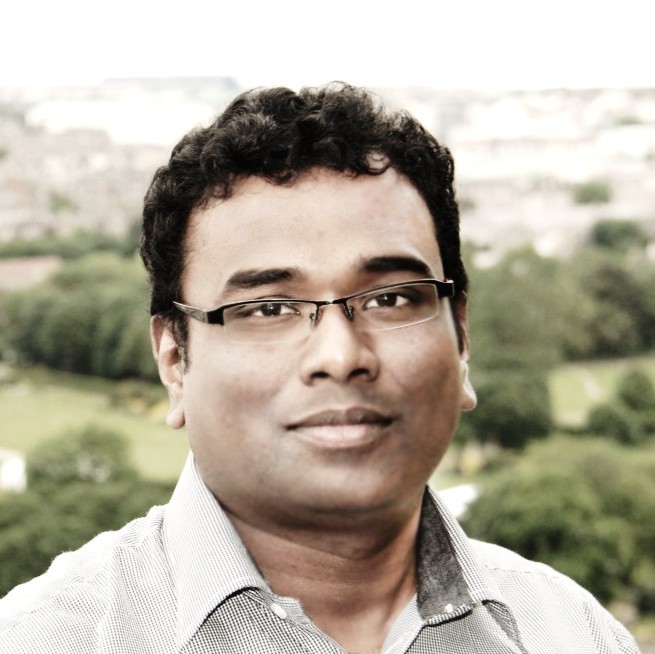
Shantanu Pal
Australia




